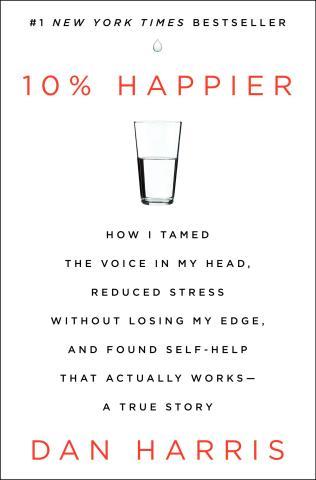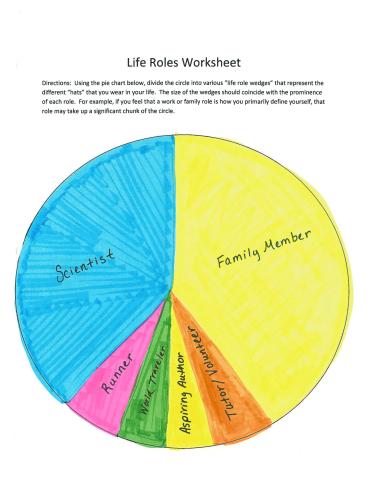Post written by Sharon Milgram, Ph.D., Director, Office of Intramural Training and Education at the National Institutes of Health, Bethesda, MD.
In the OITE we are often asked about the career paths of former postdocs. While we do not conduct mandatory exit surveys, we do have some data from the OITE NIH Alumni Database. This database is populated as fellows leave the NIH. To date it contains about 1100 entries. Of those, 639 contain career information that we have been able to analyze. Caveat: this information is only from former trainees who have voluntarily created entries in the database; it does not capture the full range nor percentage of actual career paths*.
One of the most important criteria to consider during the job, graduate school, or Postdoc search is to learn about the culture of the place where you are applying. This means to gather information about the employee’s opinions of the work environment, the support and benefits that they receive, and the values that drive the organization. This is important because you will work and /or study in this environment for many years and you want to find a good fit for your interests and personal style. But how do you assess this when you are applying?

Dan Harris is a correspondent for ABC News, an anchor for the show Nightline, a meditation skeptic turned believer, and the author of the book 10% Happier: How I Tamed the Voice in My Head, Reduced Stress Without Losing My Edge, and Found Self-Help That Really Works – a True Story.
After an on-air panic attack in 2004, Harris went on a journey to figure out why he had been experiencing panic attacks. Part of this journey led him to discover the benefits of meditation and he now wants to spread the word.

Burnout, described by the Mayo Clinic as “a state of physical, emotional or mental exhaustion, combined with doubts about your competence and the value of your work,” is very common not only in the health care profession, but in many different sectors of work.
The health care profession in particular was looked at in an article in Mindful magazine, which showed that nearly half of doctors in the U.S. report symptoms of burnout.

If you have a Monday through Friday job, then at some point in your career you have probably experienced the “Sunday Blues.” It often starts around Sunday afternoon with a slightly depressed feeling that your weekend is coming to a close. Along with sadness often comes an uptick in your level of anxiety thinking about Monday morning and the week ahead. Sound familiar? Many people think they are the only one who suffers from a feeling of depression/anxiety on Sunday, but this happens to a lot of people…even people who report that they generally like their jobs.

Find yourself stressed out from work? Between the office/lab environment, mentor and mentee relationships, outside training and education, and life demands, it is all too common for stress to hijack your wellbeing. One quick effective way in dealing with life stress is to use techniques in mindfulness meditation.


